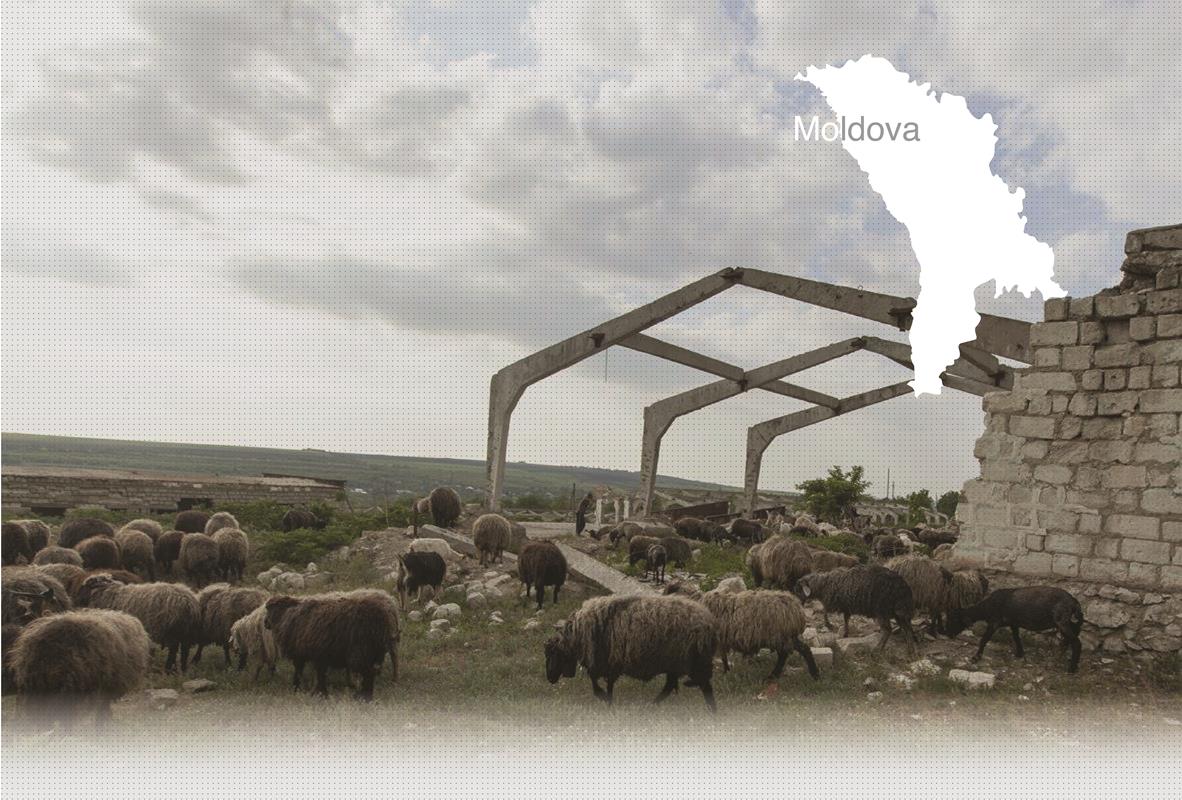

1 Killing site(s)
Ion B. remembers: "There were four mills in the village and each of them had a wooden wheel. They took down the wheels and afterward attached ropes to them and threw them in the river. Each wheel was attached by a rope and pulled by a tractor on the other bank of Dniester River. The Jews crossed the river using the wheels over the course of two days. There were more crossings during the night because they were afraid of being bombed during the day. The tractors pulled a sortie of ferries without turning on their headlights. Those who died near the river were buried by the villagers, as we were afraid of different diseases. Those bodies that fell down into the river were abandoned." (Eyewitness N°105, met in Vadul Raşcov, on May 19, 2013)
Vadul Raşcov is a village located in Șoldănești District in north-east of Moldova. In 1930,1,958 Jews lived in the village. Most of them were merchants and craftsmen. They sold their merchandise in little shops and in local markets. Many of local Jews were involved in the fur and leather trade, as well as growing tobacco. In the village, Jewish and non-Jewish inhabitants lived in quite good relationships. There were several mixed marriages between Jews and Moldovans. Before the war, Vadul Raşcov’s Jewish community supported seven synagogues, several rabbis, and a Talmud Torah school for Jewish children. YIU’s witness’ grandfather was Jewish. Ion B., born in 1926, remembers that’s his grandfather’s name was Ifi.
Many Jews fled Vadul Raşcov with retreating Soviet soldiers before the arrival of Romanian troops in 1941. The evacuation lasted for about a month. Many of them died trying to cross the Dniester River due to bombs dropped by German-Romanian bombers.
When the Romanian soldiers arrived in the village, they started to execute the remaining Jews. According to Ion B., born in 1926, the first victims were four local rabbis who were shot on the bank of the Dniester River. Not much later, other Jews from the village shared the same fate. They were all gathered in a local orchard and taken to the shooting site the next day. Those who were unable to reach the execution site were shot in the village, most of them in their own homes. Ion recalls that the rest of the Jews were gathered on the banks of the Dniester and pushed into the river by Romanian soldiers with bayonets. Once in the water, they were shot by several shooters with sub –machine guns. Ion remembers that perpetrators would steal victims’ belongings and gold teeth after the killing. There were several such executions during which, according to YIU’s witness, about a thousand Jews were murdered. The victims’ bodies were buried on the bank of the Dniester river. There is no memorial at the site today. After the shooting, Jewish shops and homes were looted by local villagers.
Do you have additional information regarding a village that you would like to share with Yahad ?
Please contact us at contact@yahadinunum.org
or by calling Yahad – In Unum at +33 (0) 1 53 20 13 17